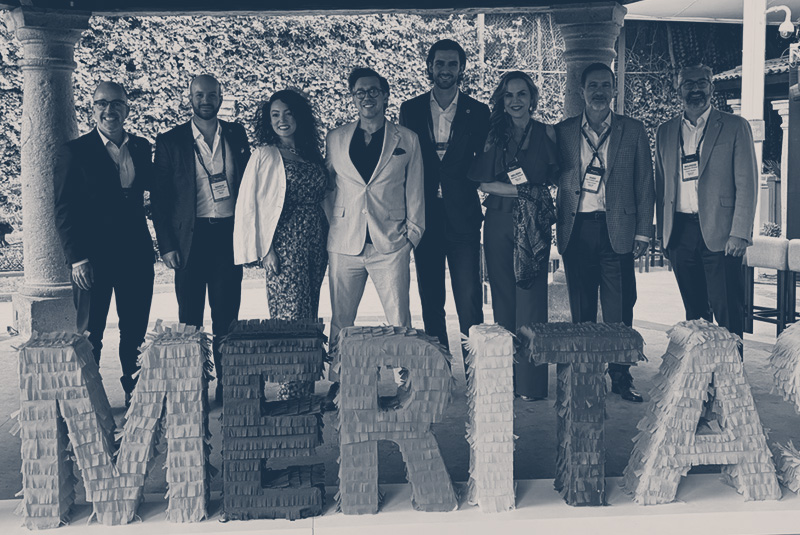The crucial role of an Ethics Advisor in large professional organizations
In today’s complex corporate landscape, large professional organizations—such as accounting and construction / engineering firms—face numerous ethical challenges that can have profound implications for their reputation, legal standing, and bottom line.
These challenges are also felt by semi-government organizations—such as crown corporations and other arms-length bodies—particularly when it comes to maintaining fair and unbiases quoting and procurement processes.
To navigate this ethical minefield, many organizations engage an Ethics Advisor to support and advise their senior leadership teams on topics of compliance, ethics, and corporate integrity.
 Role of an Ethics Advisor
Role of an Ethics Advisor
An Ethics Advisor is an individual—or team—entrusted with monitoring, interpreting, and providing recommendations on ethical matters and standards across an organization. From reviewing and implementing policies and procedures around conflicts of interest, to advising on privacy and data management concerns, an Ethics Advisor’s responsibilities touch a broad array of topics.
With a deep understanding of the organization’s industry—as well as the regulatory and compliance framework governing it—the Ethics Advisor can offer vital support to large organizations, where the sheer size of the organization increases the likelihood of an inadvertent conflict of interest arising.
In the case of a Request for Quote (RFQ) or Proposal (RFP), for instance, where an organization may have a beneficial interest in both sides of the transaction (i.e., an engineering firm with a construction arm), the Ethics Advisor can flag potential ethics risks and can make recommendations on how to maintain the integrity of the entire procurement process.
In these situations, the Ethics Advisor can draft policies to minimize the opportunity for a conflict of interest or unfair advantage and recommend processes to mitigate—through ethical walls or other means—such conflicts within the same organization. Again, these impartial recommendations ensure an organization’s participation in the process is beyond ethical reproach and compliant with all legal and regulatory requirements.
Avoiding Problems Before They Arise
Beyond process and procedural support, an Ethics Advisor provides ongoing advice and value to an organization through several other avenues. Since many directors and board members are also engaged with other interests—both charitable and for-profit—the Ethics Advisor can hold regular interviews with executives to ensure those interests don’t conflict with their existing obligations. This provides support to senior leadership, reduces overall risk to the organization, and offers reassurance to other stakeholders.
As well, an Ethics Advisor can provide ongoing guidance to an organization’s leadership as they navigate market changes, and while crafting short and long-term strategic direction. Given the rapidly changing landscape of many industries right now, this ongoing support can be invaluable, allowing an organization flexibility in responding to markets, while still ensuring compliance with its ethical obligations.
In other situations—particularly large public procurements—an Ethics Advisor can be contracted to act as an adjudicator in the event of an ethics dispute between parties. Assuming the Ethics Advisor doesn’t have a conflict that would impact their impartiality, the Ethics Advisor would review the governance framework of the parties’ transaction, review relevant data around the dispute, and issue a ruling.
The above are just a few examples of how an Ethics Advisor can support a company as they do business in today’s interconnected industries. For more information on corporate ethics matters, please contact Doug H Hopkins.


